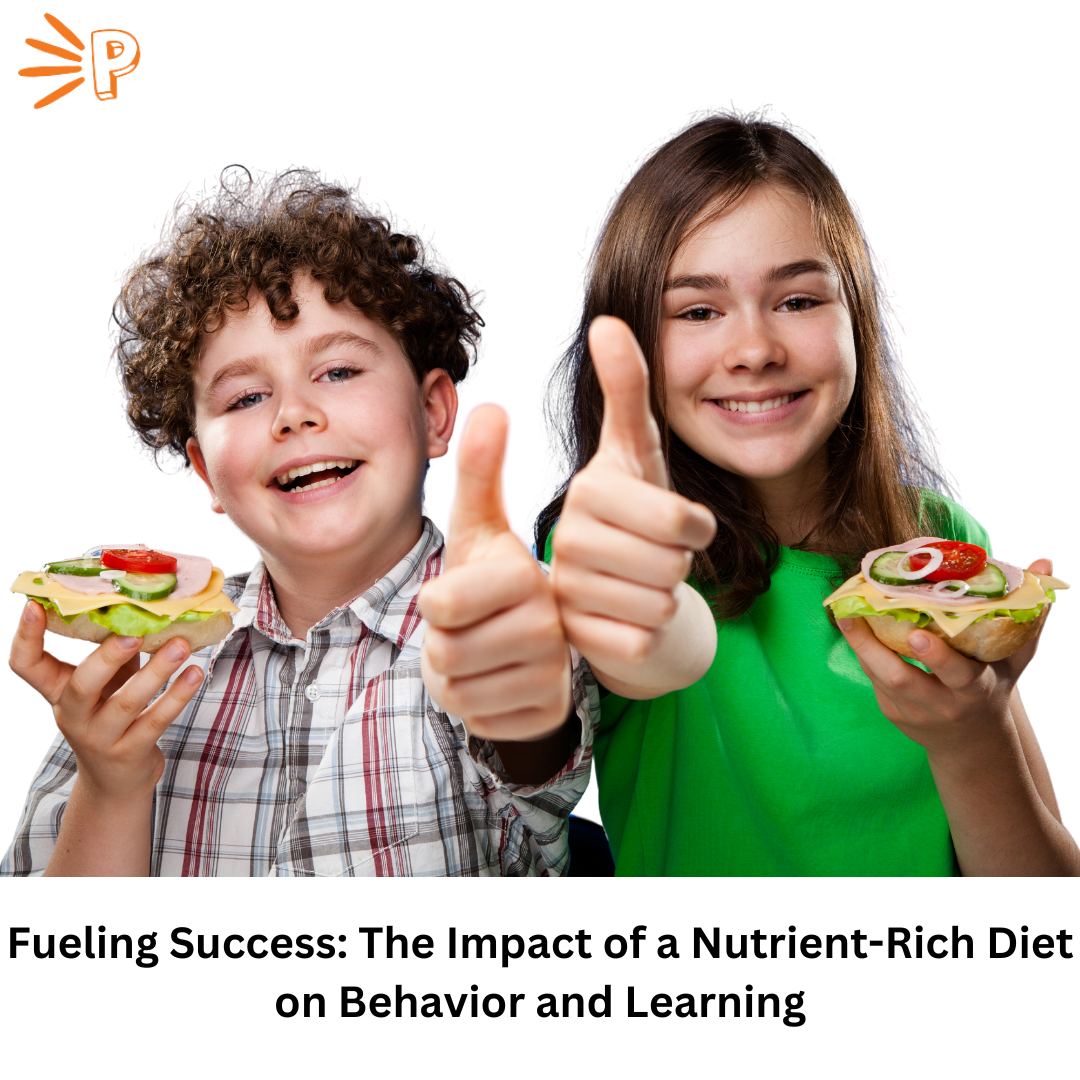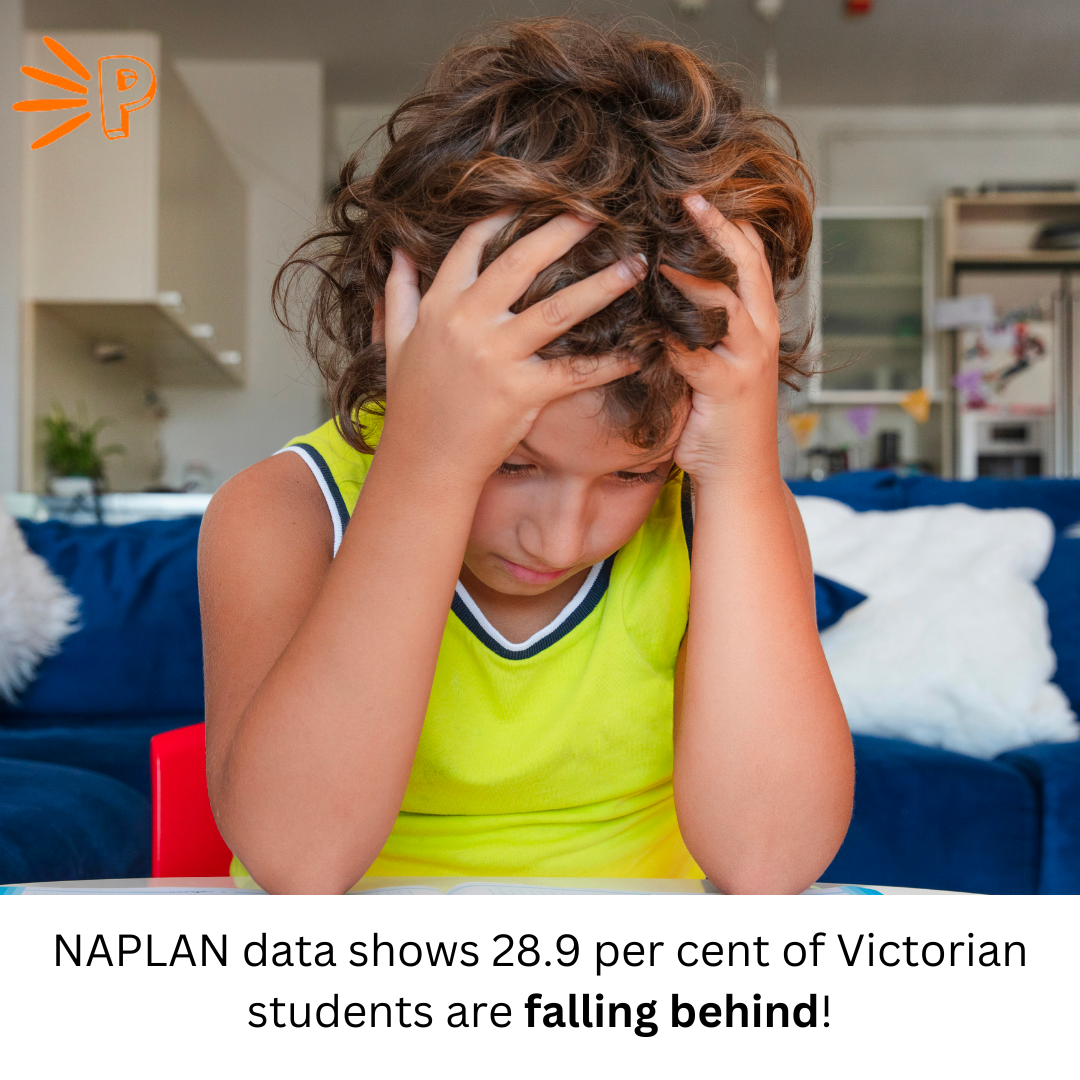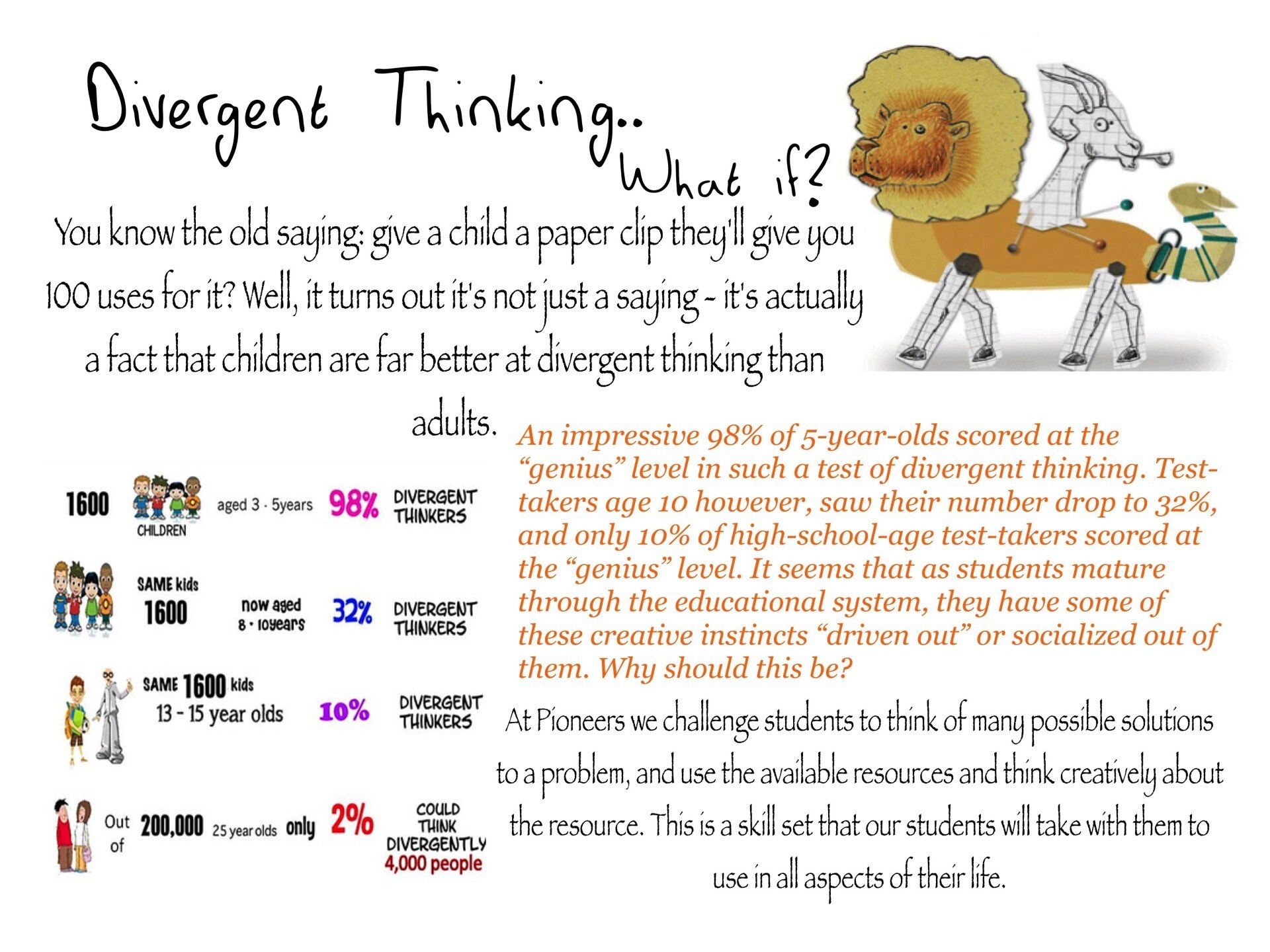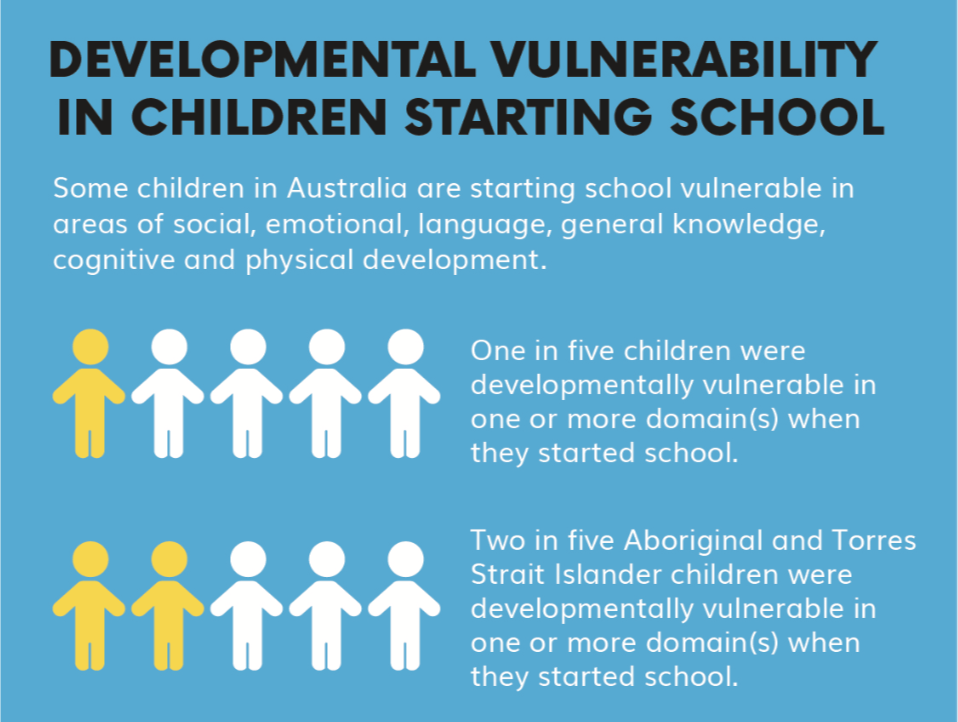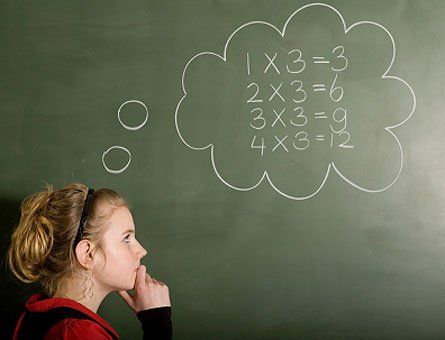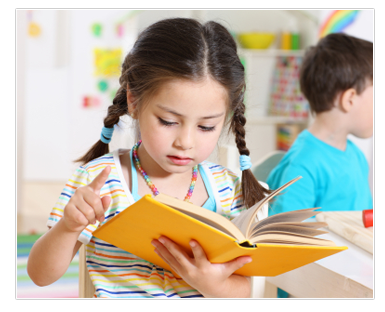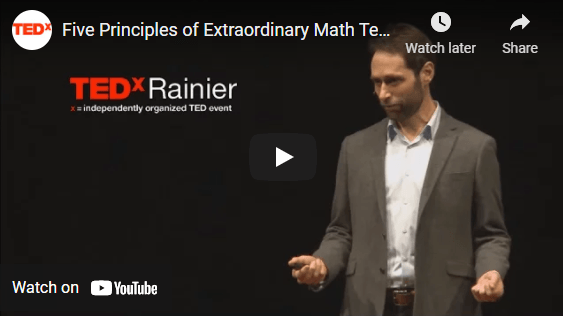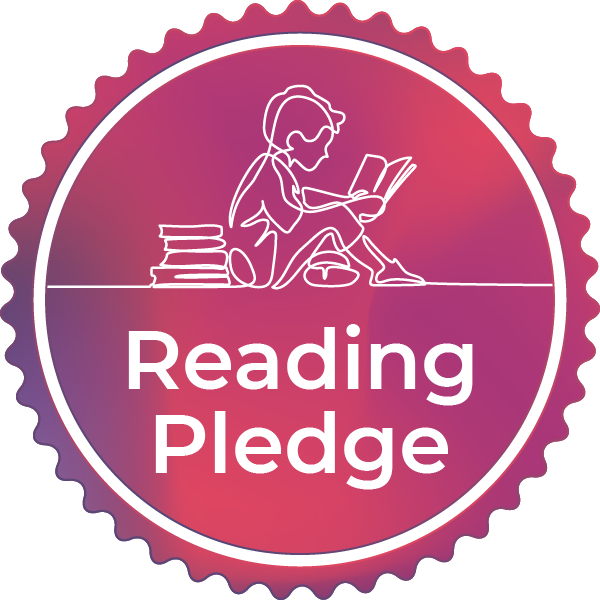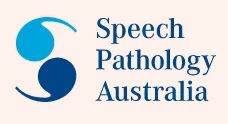Expectations Influence Your Child's IQ!
Teacher expectations is a subject I am very passionate about as it is a huge factor in determining what mindset your child will adopt. Over the years of teaching and working with children I have seen many cases of students confidence and mindset affecting their ability at school.
There was a two-year study conducted by Robert Rosenthal demonstrated the powerful effect teacher expectations have on their students. Rosenthal gave the teachers of a government primary school an IQ test "It was a standardised IQ test, Flanagan's Test of General Ability," Rosenthal recalls. "But the cover we put on it, we had printed on every test booklet, said 'Harvard Test of Inflected Acquisition". Rosenthal explained to the teachers that the test would be able to identify 'academic bloomers', a student who hadn't yet identified signs of being gifted but would be over time.
Once the test was administrated Rosenthal chose a selected few students at random and told only the teachers that these students would soon thoroughly intellectually bloom, the teachers were not to tell the students.
The purpose of the study by Rosenthal was to observe if teacher expectations did have an affect on student learning; and over the two years that Rosenthal followed the students and their teachers, whom believed those students selected were indeed gifted Rosenthal says "If teachers had been led to expect greater gains in IQ, then increasingly, those kids gained more IQ". The study showed that the students that were identified as 'intellectual bloomers', had a vast increase in IQ over the two-year period, compared with students that were not identified as intellectual bloomers.
The above study does reflect the importance our expectations of students have in their abilities and confidence, this is not to say every child will respond in this way. I feel very passionate about this, because just as a we have seen positive results in the study, due to teacher expectations rising; we could also see very negative results if a teacher were to take on the idea that a particular student was lazy, dull, just not a learner, not interested and so on. If we are to attach labels to students these labels can actually have a huge impact on that student's self-image, confidence and IQ.
I pride myself on my ability as a teacher to always show students they are capable and no matter what difficulties in their education they are facing, there is always a way through and they have something to offer. There are many excellent teachers that have very high expectations and goals for their students, however this is not always the case and this does need to change!
Below is a video of a teacher from Israel who also demonstrates how teacher expectations can change a child's self-image and ultimately change their journey in education.
References:
Rosenthal, R., &. Jacobson, L. (1963). Teachers' expectancies: Determinants of pupils' IQ gains. Psychological Reports, 19, 115-118.
